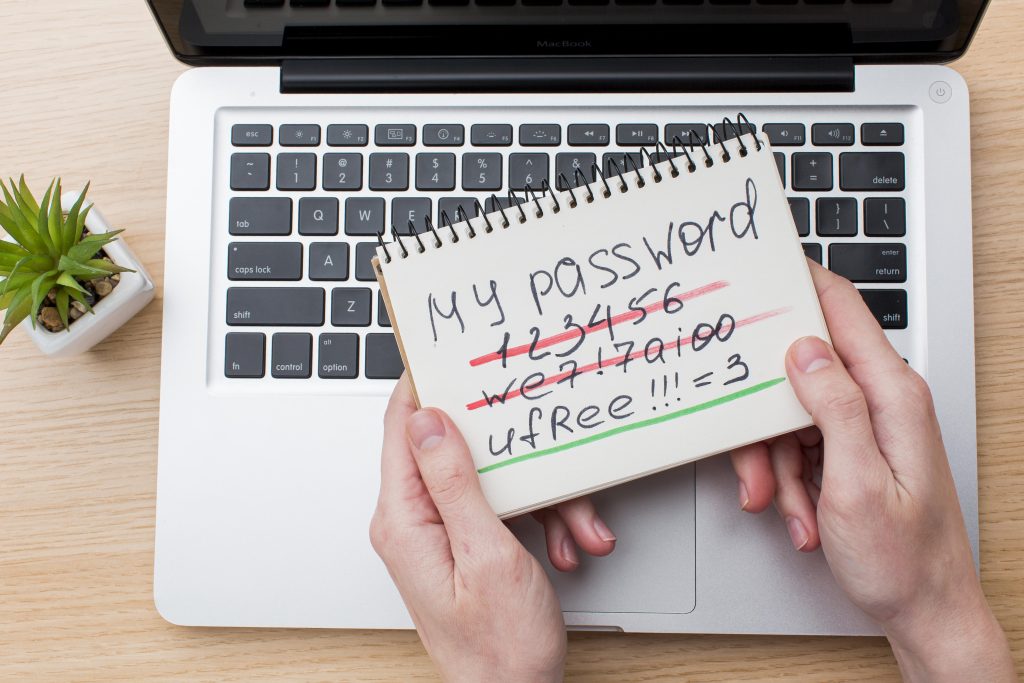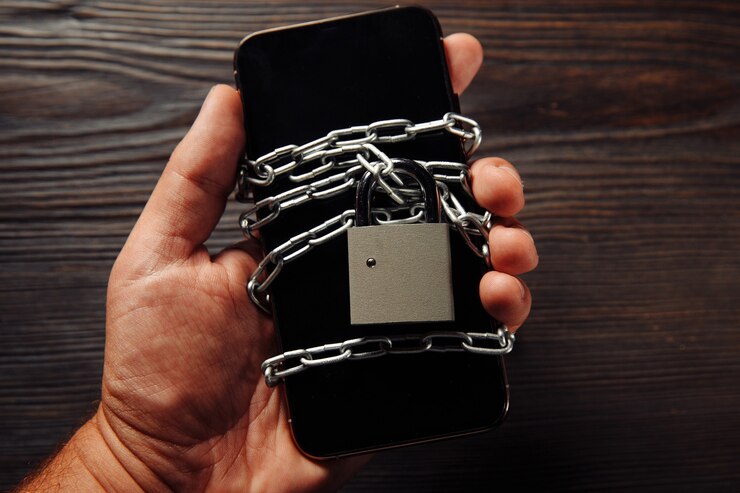Understanding Online Security and Privacy: A Beginner’s Guide

Welcome to the digital age, where our lives are increasingly intertwined with the internet. From shopping and banking to socializing and working, we rely on the internet for almost everything. But with great convenience comes the need for vigilance. Understanding online security and privacy is crucial to protect yourself in the digital world. Let’s break down the basics.
What is Online Security?
Online security, or cybersecurity, refers to the measures and practices designed to protect your digital information and devices from attacks, theft, and damage. It’s like locking the doors and windows of your house but for your digital life.
Key Concepts in Online Security
Passwords

Use strong, unique passwords for each account. A good password is at least 12 characters long, with a mix of letters, numbers, and symbols.
Avoid using easily guessable information like your name or birthdate.
Two-Factor Authentication (2FA):
Adds an extra layer of security by requiring not just a password but also something you have (like your phone) to verify your identity.
Activate 2FA on all accounts that offer it.
Antivirus Software:
Install reputable antivirus software to protect your devices from malware and viruses.
Keep the software updated to fend off new threats.
Regular Updates

Keep your operating system, software, and apps updated. Updates often include important security patches.
What is Online Privacy?
Online privacy involves protecting your personal information from being collected, shared, or misused without your consent. Think of it as keeping your personal diary safe from prying eyes.
Tips to Enhance Your Online Privacy
Be Mindful of What You Share:
Limit the amount of personal information you share on social media and other platforms.
Be cautious about sharing your location, phone number, and other sensitive details.
Use Privacy Settings:
Adjust the privacy settings on your social media accounts to control who can see your posts and personal information.
Review these settings regularly as platforms often update their privacy policies.
Secure Your Communications

Use encrypted messaging apps like Signal or WhatsApp for private conversations.
Avoid sharing sensitive information over email or unsecured channels.
Browse Safely: Use a secure browser and consider tools like VPNs (Virtual Private Networks) to protect your browsing activity.
Clear your browser cookies and history regularly to remove tracking data.
Staying Safe Online
Understanding online security and privacy is the first step to protecting yourself in the digital world. By implementing these basic practices, you can significantly reduce your risk of falling victim to cyber threats. Stay informed, stay cautious, and stay safe online!
For more tips and detailed guides on online security, be sure to explore the rest of our blog. Your digital safety is our priority. Happy browsing!
This guide is designed to help you get started on your journey to better online security and privacy. Feel free to leave your questions or share your own tips in the comments below
